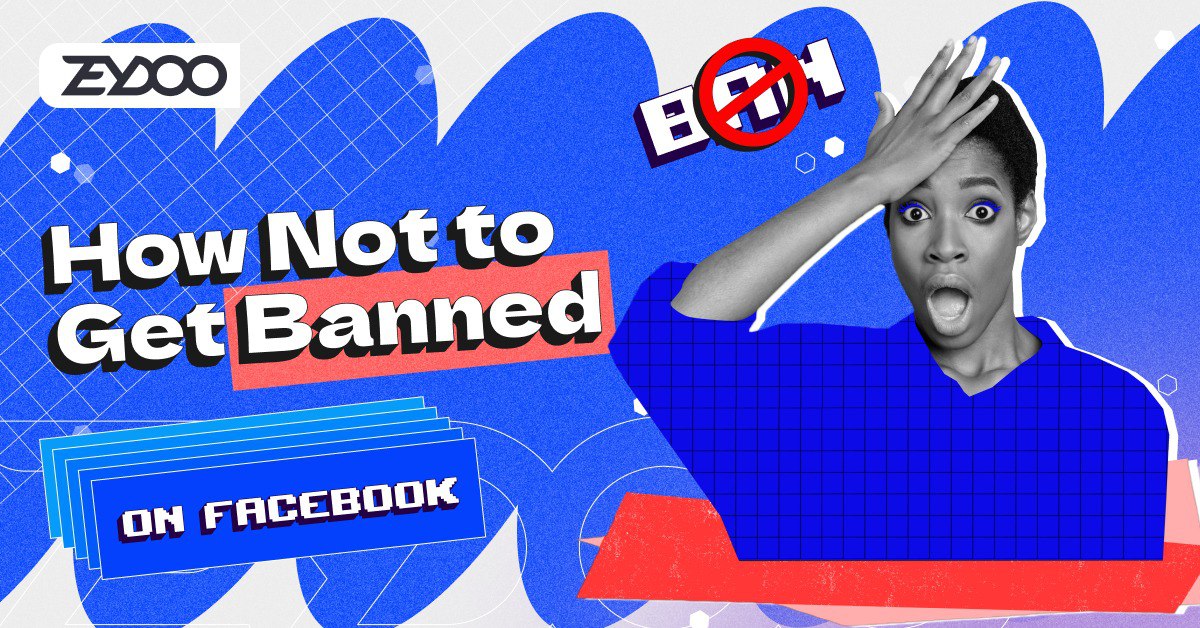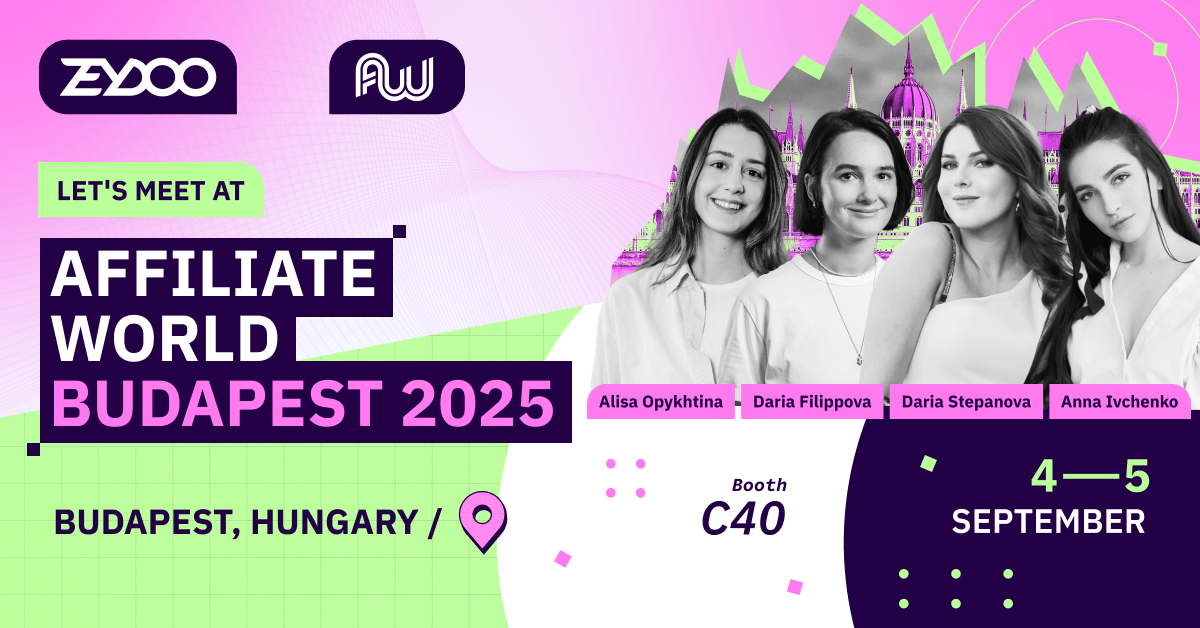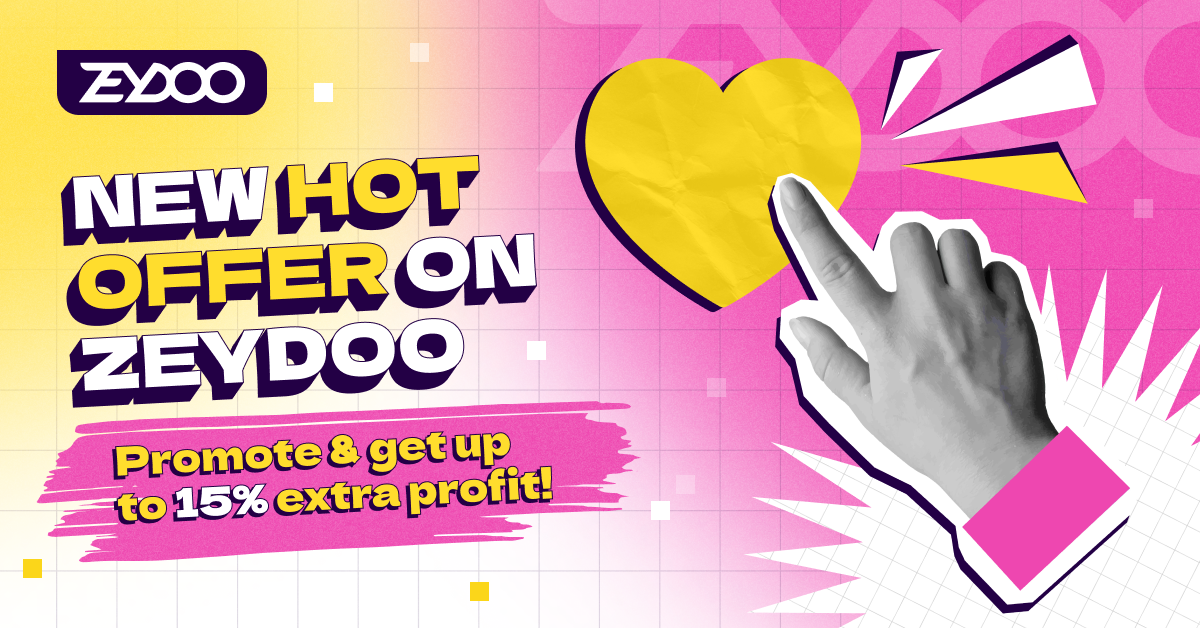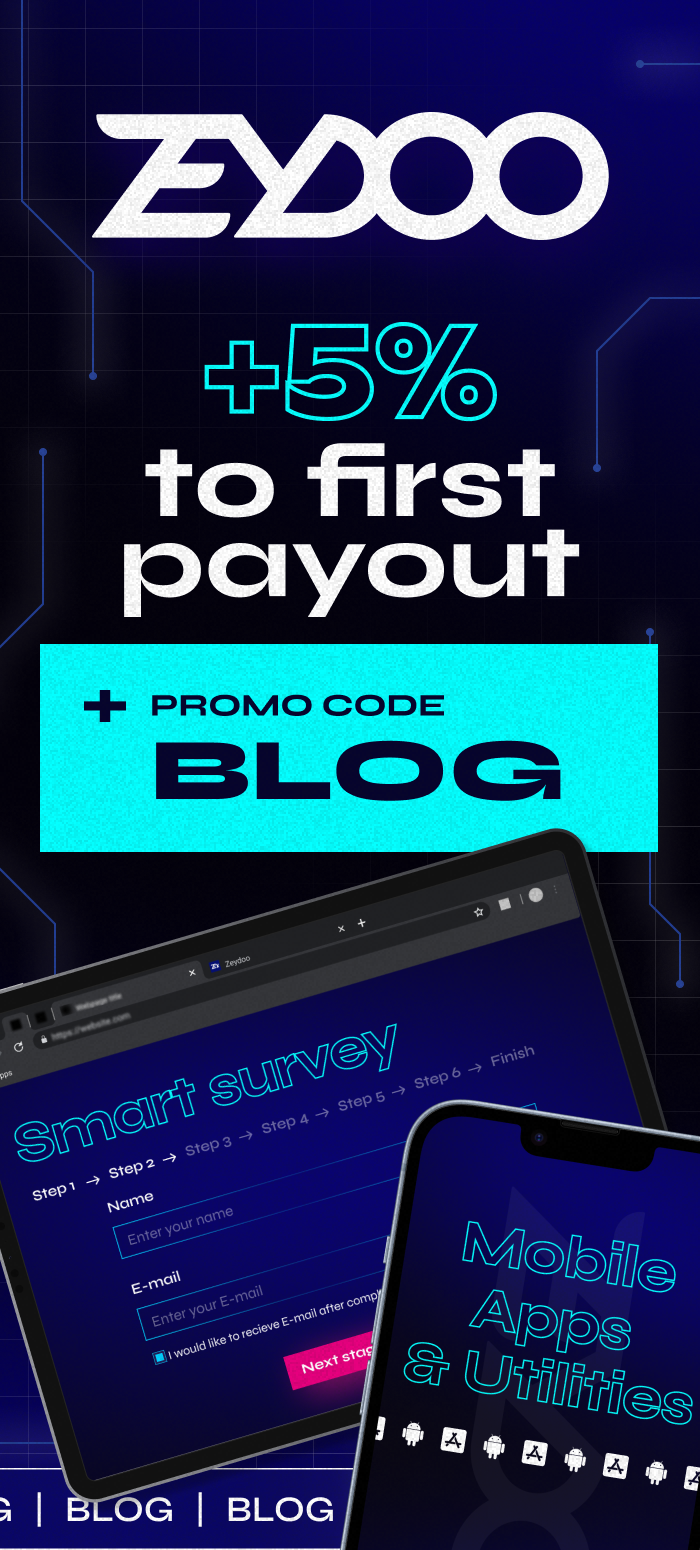One can make a book of epic legends about Facebook bans. Being one of the largest social media platforms with an enormous active audience, Facebook also has strict policies applied to both – personal content and ads.
Okay, so you would say, “Just follow the rules, and you won’t get banned!”
Sounds pretty logical… until you see this:


And the thread of similar comments goes on and on. Indeed, the thing about Facebook bans is not actually that they actually happen, but that they do happen all of a sudden and sometimes with no obvious reason. Plus, according to people’s complaints, the support team of Facebook has the right not to explain why your ad was banned. And this complicates things a lot for advertisers.
Today, we are going to talk about Facebook bans reasons, policies, and ways to advertise without being penalized. We have also talked to Serge Abramov, a professional media buyer, and asked about his experience and ideas.
Table of contents
The common reasons behind Facebook ad bans
Okay, before we move to more tangled cases, let’s start with some obvious factors that could lead to rejected advertising on Facebook:
- Violation of Meta’s (Facebook) advertising rules in a nutshell: Facebook has a whole mountain of policies aimed at preventing prohibited content/services and unethical targeting.
For example, the list of illegal products includes something as obvious as adult and alcohol, as well as less obvious things, like electronic devices, vehicle parts, or job opportunities (see the full list here). - Sensitive issues: if your ad’s text or images refer to social or political issues that could be a trigger to someone, you might be banned. In some cases, adding a disclaimer helps.
- Poor quality content: your ad can be banned for grammar mistakes, low-quality images, excessive capitalization, or disruptiveness. Keep it tidy.
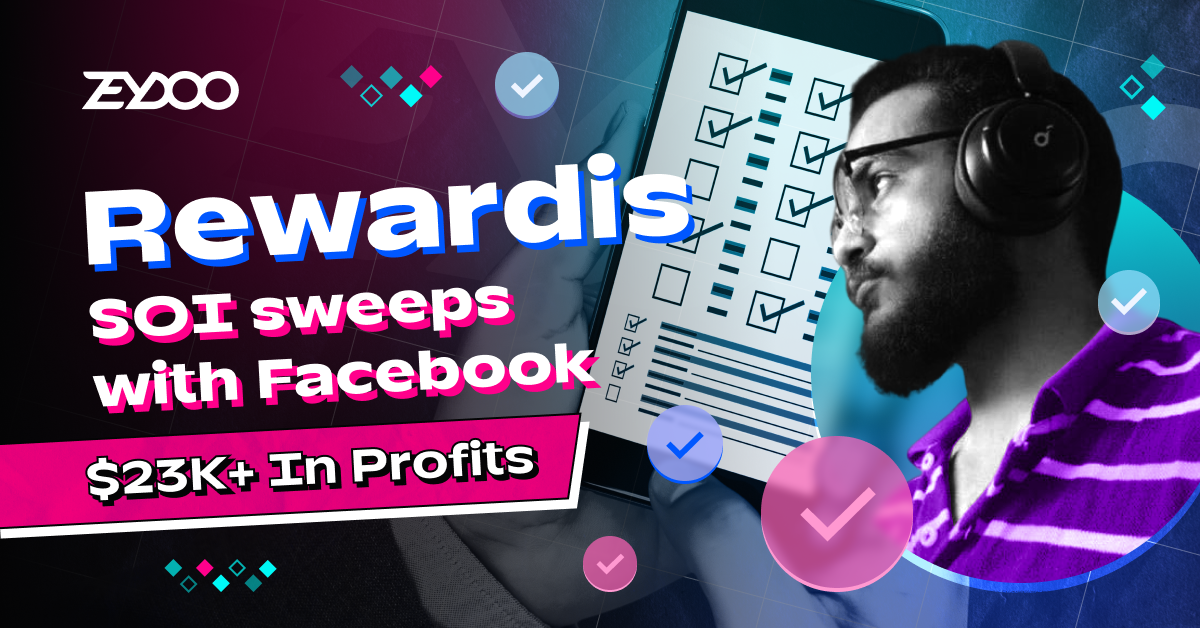
- Low to non-functional landing pages: if your affiliate link leads to a landing page that doesn’t exist, includes links that don’t work, or content that is not too relevant to your initial ad – you might get banned.
- False and misleading content: be aware that this includes not just outright lies, but also clickbait headlines and unrealistic expectations.
- Too much text: another pretty common reason to get banned from Facebook is excessive text. The platform doesn’t like it when you overwhelm users.
- Violence, bullying, harassment, child/adult exploitation: these are also reasons to get a penalty. By the way, be especially careful with children’s pics – even if you are selling a baby product, adding a kid’s image to the ad might be perceived by Facebook as sensitive content.
- Shocking and scary content: this may include everything from graphic violence to firearms. Willing to make your ads look kinda spicy, you risk.
- Copyright infringement: sounds obvious to you? Believe it or not, but most of the banned ads on Facebook are breaking the copyright law. Don’t use celebrities’ photos and even screenshots of cartoons in your ads.
Watch out, it’s a super-mega-omni ban
As you may know, Facebook encourages you to have accounts of various types – user account (just a personal account), page (a brand page to create a presence on Facebook before you start advertising), business portfolio (unification of all of your business accounts and assets across Meta platforms), and an ad account (an account for ad management, where you can create and adjust your campaigns around all Meta platforms).
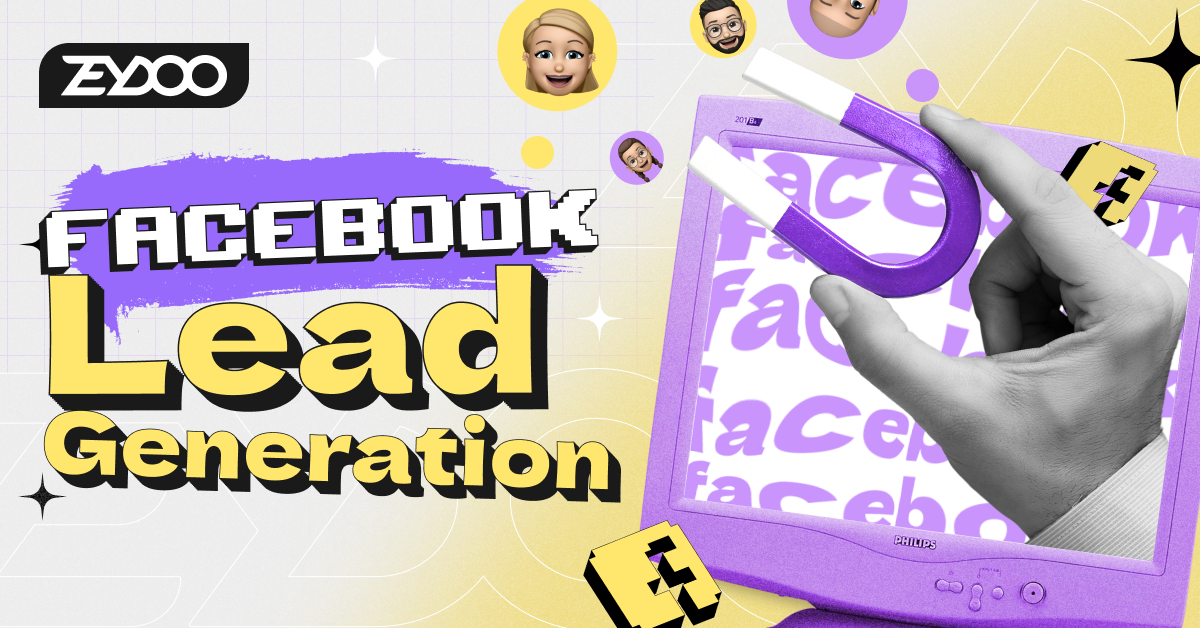
The most frustrating ban you can get from Facebook is the ban of all your accounts and even across all Meta platforms.
Facebook claims that such a penalty comes if you “run ad content that severely or repeatedly violates policies”. After getting that heavy ban, you won’t be able to review and dispute the platform’s decision.
Facebook also provides an example of such a violation in its policies, here:
“Attempting to create new ad accounts or other business assets with the intent to repeat violations after we’ve disabled existing accounts for initial violation of our policies.
Coordination within a network of accounts or business assets that run the same or similar ads that persistently or egregiously violate our policies.”
Okay, but…
Here is a real story Serge Abramov told us:
“I’ve heard of a case of one media buyer, who decided to use Facebook as an affiliate marketing channel once. He was inspired by this idea and especially by the fact that Facebook does a great targeting work for you and finds relevant audiences for your product, so you don’t have to bother with that.
This guy had an absolutely “clean” product that didn’t violate any rules – a mobile application. No copyright infringement, no misleading advertising, nothing. What is more, this application was already available on Google Play already, which meant that it had passed Google’s moderation and was acknowledged as 100% acceptable.
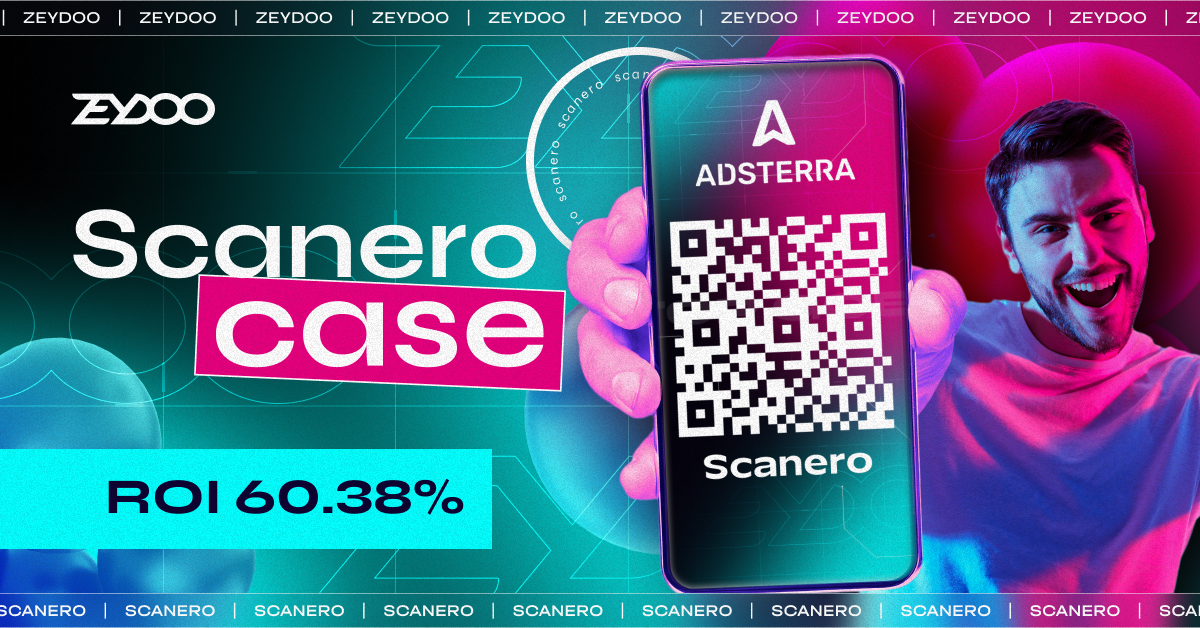
But… right after he launched the ad, he got banned with no right to create new accounts and ads. Why? That is a mystery shrouded in darkness. He never found the reason.”
After hearing something THAT dramatic, we asked Serge in complete despair: so what should affiliates do? Is it just a hand of God that can pick you randomly and bring ban down on your head? Why, God, why? He said:
“Well, it does feel this way, and many advertisers stumble at bans that look like they cannot be explained. Of course, sometimes, campaigns are banned by mistake. However, I have two theories for those mass bans.
Reason number one – your offer provides a poor user experience. Yup, user experience is everything to Facebook, and they care about it much more than money. Affiliate marketing offers might evoke discomfort in users scrolling through their newsfeeds in many ways. What to do about that? Just that in mind when preparing your ads.
Reason number two – competition. Facebook favors large brands, companies, and advertisers who earn millions of dollars. Usually, those are huge established brands like Mercedes or Coca-Cola – they partner with Facebook personally and probably have agreements. Facebook is interested in large players; that is why it is hard for solo affiliates to break through.”
What to do if your ad is blocked?
So it happened, and your ad got blocked by Facebook. What to do?
- Do your best to figure out the reason (in case you were not informed clearly). Check your campaign from top to bottom very carefully and try to understand how it violates Facebook policy.
- If you have managed to figure out the reason or Facebook informed you about it – edit your campaign and eliminate the violation. If you have no idea why your ad was banned – delete it entirely.
Oftentimes, minor editing could fix the situation – like, deleting just one disturbing word or color. If you are not sure what triggered the situation – delete everything. - Don’t try running the banned campaign again.

Of course, if this was a ban you cannot understand, just like we discussed above, you may try to dispute Facebook’s decision, push the Appeal Button in your ad account, or go to the Advertising Support Chat.
Follow the recommendations above, keep up with the policies, and always mind user experience when working with Facebook. Hopefully, your ads won’t be banned! Good luck!
